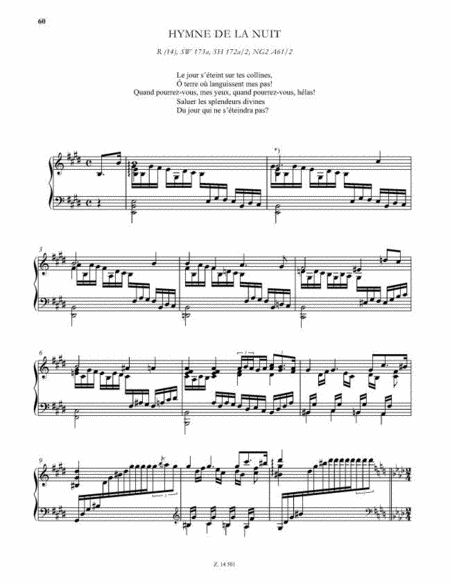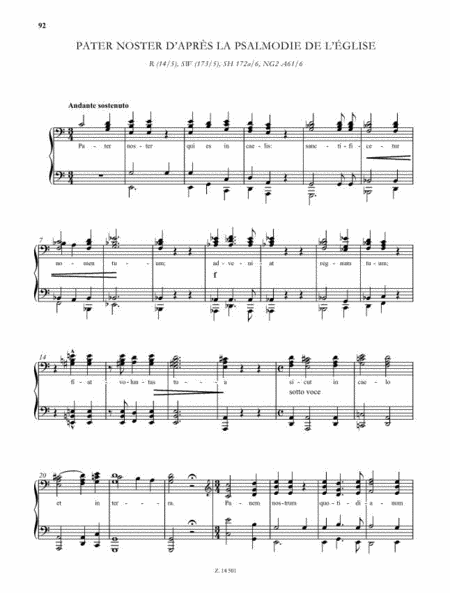Harmonies poétiques et religieuses -Early versions
Suppl. 6
-
Ships in 2 to 3 weeks
Details
Description
SKU: BT.EMBZ14501A
Suppl. 6. EMB New Listz Edition. Book Hardcover. Composed 2009. 244 pages. Editio Musica Budapest #EMBZ14501A. Published by Editio Musica Budapest (BT.EMBZ14501A).English-German-Hungarian.
In Volume I/9 of the New Liszt Edition the definitive ten-movement version of the piano cycle Harmonies poétiques et religieuses was published in 1981. On several occasions Liszt mentioned that he attached particular importance to this cycle, and this is confirmed by the fact that he devoted almost two decades (1835-1853) to its composition. This Supplement volume of the New Liszt Edition initiates the reader into the mysteries of the cycle's genesis, publishing 17 completed pieces written for it and 6 that have survived as fragments, together with the album leaves belonging to them. The works composed between 1840 and 1848 also reflect the various concepts of the cycle and theprior history of the movements included in the final version, more than one shows Liszt's skill as an improviser. Among the compositions that survive in manuscript there are gems such as the hitherto virtually unknown Piano piece in G flat major, conceived in a moment of unselfconscious happiness. Others waiting to be discovered include the Piano piece in C minor and the enchantingly beautiful prayer, Litanies de Marie, of which two versions were written.
Die endgültige Version des Klavierzyklus Harmonies poétiques et religieuses (Poetische und geistliche Harmonien) von zehn Sätzen erschien 1981 im Band I/9. der NLA. Liszt erwähnte mehrmals, dass dieser Zyklus für ihn von herausragender Bedeutung sei, das bewies er auch dadurch, dass er für seine Komposition fast zwei Jahrzehnte (1835-1853) aufwendete. Durch die Herausgabe der siebzehn beendeten und sechs nur zum Teil erhalten gebliebenen Stücke, sowie der zu ihnen gehörenden fünf Albumblätter, weiht dieser Band der Neuen Liszt Ausgabe Interessierten in die Geheimnisse der Genesis ein. Die zwischen 1840 und 1848 komponierten Werke stellen uns die verschiedenenZyklusvorstellungen und gleichzeitig die Vorgeschichte der Sätze der endgültigen Version vor, wobei uns nicht nur eine den improvisierenden Liszt vor unseren Augen erscheinen lässt. Unter den als Manuskript erhalten gebliebenen Kompositionen findet man auch Perlen, wie zum Beispiel das bis jetzt fast unbekannte.



 Share
Share